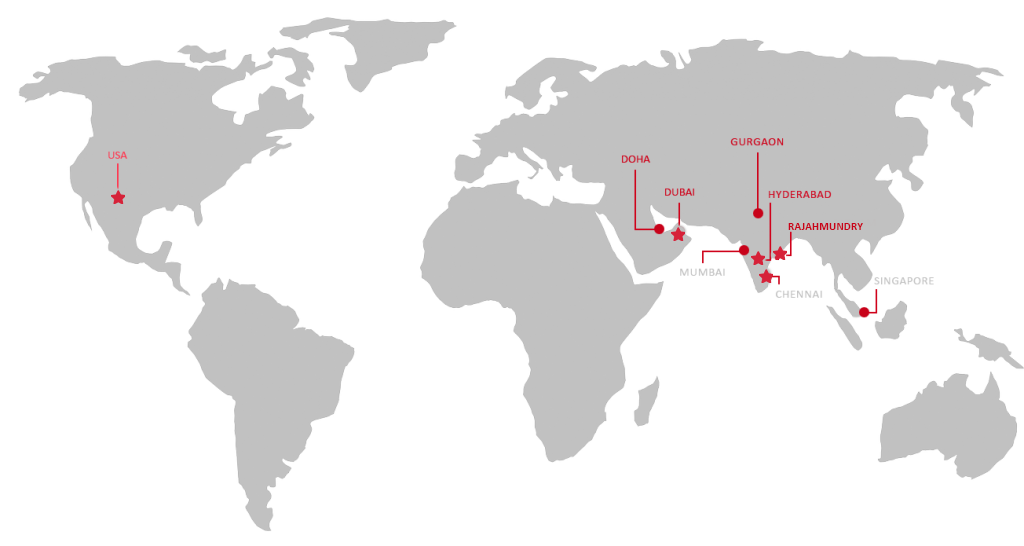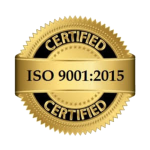
Why Oracle Risk Management and Compliance
Disengaging the pandemic-fueled enterprise risk, security, and compliance disasters is a stressful undertaking. No surprise that even after one and a half years of steeplechasing across disrupted supply chains, confiscated growth avenues, sloppy technological implementation and so on, enterprises are yet to forge a more resilient risk management framework. The Oracle Risk Management and Compliance—one of the central pieces in Oracle Cloud ERP—offers the exact set of capabilities required to safeguard a business against risks and compliance nightmares.
Highlights:
- Oracle Risk Management and Compliance streamlines risk and compliance programs for boosting risk awareness, transparency, integration, and accountability.
- Enterprises can now automate security and transaction data analysis for Segregation of Duties (SOD), frauds, human errors, and policy breaches.
- Rapid deployment of the industry-leading best practices for risk management and compliance via pre-built algorithms, for uninterrupted tracking of targeted high-risk areas is now hardly a few hours’ task.
What is Oracle Risk Management and Compliance?
In a nutshell, Oracle Risk Management and Compliance is all about automating the analysis, monitoring, and regulation of ERP transactions, configurations, and security. Being a module to Oracle ERP, the Oracle Risk Management Cloud leverages advanced data science and AI/ML systems to construct secured roles, permanently remediate Segregation of Duties (SOD) conflicts, track sensitive configurations, and identify suspicious transactions for a powerful defense against payment frauds and human errors.

Oracle ERP Cloud customers can readily utilize the AI-powered risk analysis tools in Oracle Risk Management and Compliance for:
- Accelerating and fortifying risk implementations
- Predicting ERP risks
- gGaining actionable insights
- Enforcing remediation solutions
- Streamlining compliance, and more
Oracle Risk Management and Compliance: Automation and Dashboards
Automation is undeniably the key to effective risk management capable of tackling the ever-growing list of concerns. Automating security, risk, and audit procedures can simply disarm fraudulent actors, as well as inadvertent security violators from gathering the power to harm a business. Meanwhile, automation in a risk management framework helps ensure regulatory compliance, mask classified data, and optimize internal audits for true resilience.
Dashboards in Oracle Cloud ERP and Oracle Risk Management and Compliance, on the other hand, are also a critical element in effective risk management as they contribute exceptional business value via audit, security, and compliance data insights for neutralizing risks at the point of origin.
The effect both automation and dashboards collaboratively create is similar to the security framework used in credit cards. With credit cards, users get to place instant alerts on transaction limit exceed, or when there is a suspicious activity identified, e.g., the use of a card outside the territorial borders. This, in turn, affords them the peace of mind that their financial arrangements are duly protected with automated monitoring and alerting systems. Oracle Fusion Cloud Risk Management and Compliance offers the same level of robust and hassle-free alerting/prevention system for enterprises.
Innovations in Oracle Risk Management and Compliance
Oracle pushes new technology updates, and capabilities to Cloud ERP – Oracle Risk Management and Compliance every quarter for customers to address changing markets, business models, and regulations with agility.
For instance, in the latest Spring 2021 – Oracle Cloud ERP Update, Oracle improved the dashboards and workflows for the added resilience in risk management. The package included:
- On-time auditing of unsolicited user access via AI-powered analyses
- Silo-free data sharing between control admins and governance groups
- Clean, standardized, consolidated, and autonomous financial reporting for bolstering good corporate governance
- Reusable and orchestrated risk assessment workflows
- Archive of pre-built controls for seamless deployment
- Periodic assessments/surveys for enabling businesses to exercise a risk-intelligent culture amongst managers and stakeholders




